As Israel journeys away from Egypt, Pharaoh and his army begin to pursue them. As the people see the approaching army with their backs against the sea, they grow fearful. Instead, they are to “fear not, stand firm, and see the salvation of the LORD.” The salvation of Israel is completely dependent upon God’s working on their behalf.
Exodus 13:1-16 // Remembering Our Redemption
The Lord had claimed Israel as his firstborn (4:22–23). He had delivered Israel by means of the death of Pharaoh’s firstborn as well as the particular substitute of lambs for Israel’s firstborn (12:1–28). Now, he claims all of Israel’s firstborn—both “of man and of beast”—as his own (13:1–2). These firstborn must be redeemed with a lamb (v. 13). Once again, the lesson was clear: redemption came through the death of the firstborn (v. 15). It would prepare people for a greater truth: ultimate redemption for God’s people would come through the sacrificial, particular death of God’s “firstborn” Son. (ESV Gospel Transformation Study Bible)
Exodus 11-12 // "When I See The Blood"
In God’s last plague against Egypt, he slays every firstborn, both of people and of animals. By displaying the blood of an unblemished lamb on their doorposts, as God had instructed Moses and Aaron, the Israelites save their firstborn children. Because of this final blow, Pharaoh sends Israel away from his people and land. The Passover and the Exodus mark God’s first great salvation of his people, and he requires them to remember it across generations, as Jesus and his disciples did in the first century. Jesus’ institution of the Lord’s Supper while celebrating the Passover reveals his fulfillment of the original salvation in Egypt. As Paul says, “Christ, our Passover lamb, has been sacrificed” (1 Cor. 5:7). - ESV Systematic Theology Study Bible
Exodus 7:14-10:29 // The Plagues
In this section, God begins to deliver Israel by showcasing his sovereignty over Egypt through the plagues. By repeatedly hardening Pharaoh’s heart, God creates an environment in which his gracious salvation of Israel may be fully acknowledged. Ultimately, these chapters depict a power contest between the Lord (represented by Moses and Aaron) and the gods of Egypt (represented by Pharaoh). Although Pharaoh resists and disobeys the divine word, God will eventually overpower him until he submits and releases the people.
Exodus 6:10-7:13// The Battle Belongs to The Lord
After sensing defeat after Pharaoh's refusal to acknowledge God and let His people go, God re-establishes his promise to deliver and to defeat the King of Egypt. The battle between God and the false gods of Pharaoh begins here as Aaron's staff devours the serpents in Pharaoh's court. Soon, the battle will come to full fruition when God brings plagues against Egypt. The repeated message is this: God will defeat his enemies and rescue his people. That message comes to full fruition in Jesus Christ - who devoured Satan, sin, and death by his death and resurrection. The battle belongs to the Lord.
Exodus 5:1-6:9 // Let My People Go
In this passage, Moses and Aaron go to Pharaoh with God’s demand: “Let my people go”. In response, Pharaoh takes away the straw they use to make his bricks, making the daily labor of God's people even more cumbersome. Pharaoh also refuses to let God’s people worship their God and demands that they work for him instead. The Israelites blame Moses and Aaron for their added hardships, while Moses in turn accuses the Lord of failing to deliver his people as promised. Everyone seems to be wondering, will God deliver as he promised? In this dialogue, God takes the opportunity to remind his people of his commitment to rescue them.
Exodus 4 // God's Work - God's Way
Moses and God continue to dialogue about the call for Moses to deliver God's people. Moses is doubtful: "No one will listen to me. I can't speak well enough. Send someone else!" In this passage, we see how God meets his doubting servants with patience and grace, showing that it is his power, not ours, that accomplishes his mission.
Exodus 3 // The Burning Bush
Exodus 2 // The Birth of a Deliverer
In Exodus chapter 2 Moses is introduced to the story. He will serve as the God-appointed deliverer of the people. We also read of God’s protection of his appointed deliverer from Pharaoh’s wicked edict of death. Moses is rescued through the faith of his parents, who hide him and entrust him to God’s providential care. Such faith is exemplary for us today. To walk in faith is to trust in God, even though we cannot see him. We trust in him, knowing that the God who has delivered us in the past will deliver his people again.
Exodus 1 // Days of Darkness
Exodus chapter 1 establishes the difficult reality faced by the nation of Israel. At the end of Genesis, Abraham's descendants were finally safe. In this passage, they become prosperous and expand rapidly. This, however, resulted in fear and hatred from the native Egyptians, who enacted a program of slavery and infanticide against the Hebrews. By God's grace, the Egyptian Midwives intervened and rescued the Hebrew children. This sets the scene for the arrival of Israel's greatest leader, the prophet Moses

